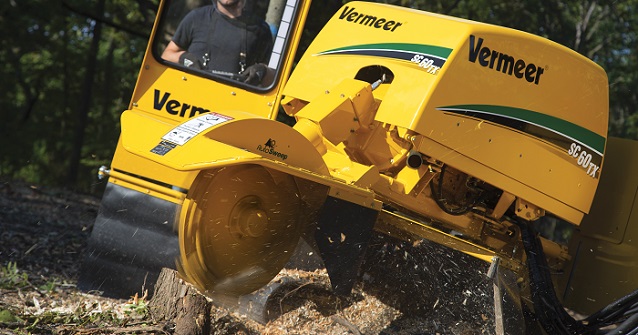Level ground conditions may be a welcome sight for tree care contractors out on a job, but when it comes to their business, plateaus are less friendly.
The inability to grow your business as you’d like may be a sign of trouble. But don’t think it happens only to struggling companies. In fact, consultant Craig Damos says much of his work is with successful businesses that have plateaued.
“It’s kind of a cliché,” he says. “They can’t get into that next gear. They can’t get to that next level.”
Damos runs The Damos Company, based in West Des Moines, Iowa, where he helps businesses with growth and planning, as well as doing executive coaching. He’s an accountant by trade and previously spent a decade with a large general contractor in the construction industry, acting in roles that include COB, CEO and president.
Overcoming competition
He has found that yes, a business will plateau for the simple reason that its growth has slowed. But that’s not always the case. Sometimes, growth has not slowed significantly, but a company is making less money because it’s doing more work for less pay and its gross profit margins are eroding. That can happen in fields where work is competitively bid, such as construction — or the tree care market.
“Competitors basically beat each other up to the point that they drive prices down and then wonder why they don’t make any money,” Damos says.
This makes the service a commodity that is easily available and can be provided by any number of companies. Price becomes the differential.
Damos sees two ways out of this situation.
First, de-commoditize your business by making it stand out so that you are not interchangeable with the contractor down the street. For a tree care company, that may be offering a service that is not common in your area or having exceptional customer service.
Or, you can become a low-cost provider. That means you need to work as productively and efficiently as possible.
Productivity matters
No matter which of those two categories you fall into, improving productivity is one of the keys to growing your company, Damos says. A measure of this that he likes is gross profit per full-time employee: Take the company’s gross profit and divide by the number of full-time employees.
Look for trends in that number over time.
“If all of a sudden we’re going backwards in productivity, why is that?” Damos asks.
Sometimes, it’s best to bring in an outsider, such as a consultant, to answer that question. Damos compares it to when his refrigerator breaks.
“I can probably guess that it’s the compressor, but I don’t know how to fix it,” he says.
New perspective, training can help
Shaking up your management team, if you have one, also is a possible solution. Someone new to your operation, who has worked elsewhere and seen other ways of doing things, can bring a fresh perspective.
Damos recognizes that this can be a tricky situation and loyalty to employees matters. But in a field like tree care, many people work themselves up through the ranks of an organization and may not have been educated in business or finance.
That doesn’t mean replacing a longtime employee or hiring new ones has to be the answer. Training and development can help existing employees expand their skills. Damos recommends this down to the crew leader or foreman level. Get that person training in project management, budgeting, scheduling and more.
Know the questions
As a former CEO and now the owner of his own company, Damos says it took him a few years to figure out that an executive doesn’t need to have all the answers, but he or she does need to be able to ask the right questions.
“Then you need to surround yourself either with talented individuals or outside resources to help you find the answer,” he says.
Ultimately, the owner is responsible for staying on top of factors that are limiting profitable growth.
“I think today, good leaders or executive team members have to be spending a majority of their time looking forward, not backward,” Damos says.
Advice or suggestions provided by Mr. Damos are statements of general applicability that may or may not apply to individual businesses, whose circumstances and operations may vary. The opinions of Mr. Damos do not necessarily reflect the opinions of Vermeer Corporation, its dealers or its affiliates.
